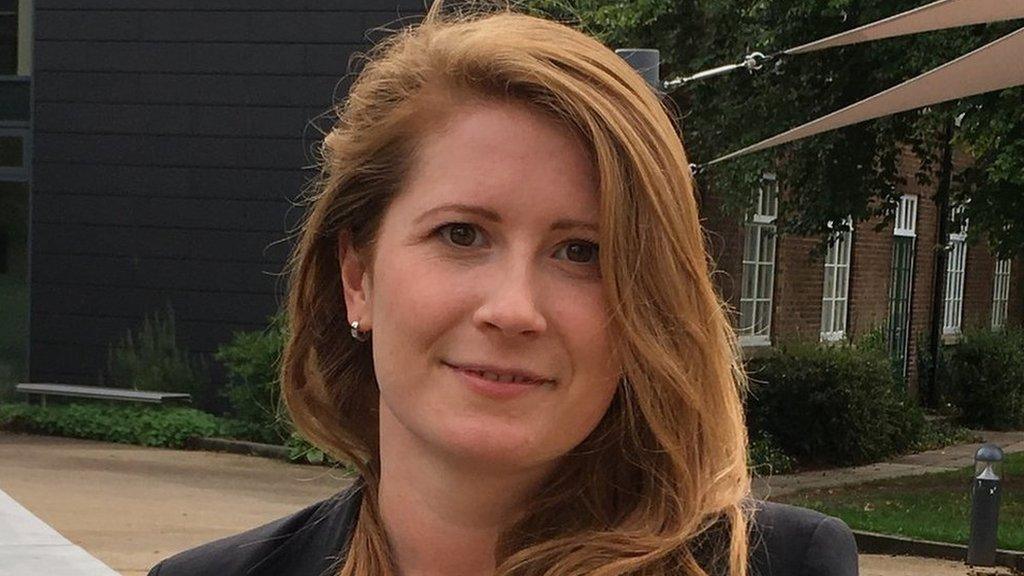Teenage girl traumatised after police strip-search, says mum
- Published
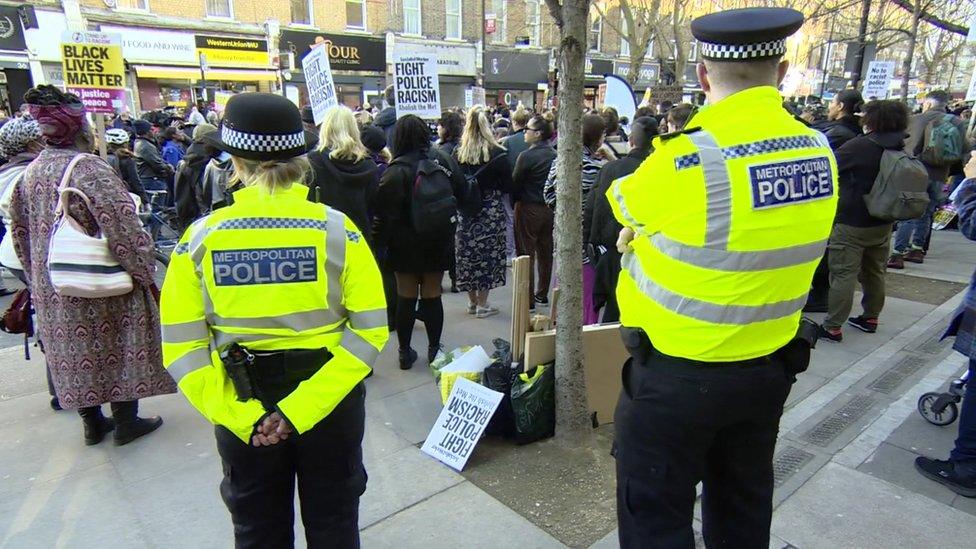
A 15-year-old girl who was strip-searched by police was left traumatised by the incident and later tried to kill herself, her mother says.
Olivia* was handcuffed and had her underwear cut off in the presence of male officers, she added.
London's Metropolitan Police has referred itself to the police watchdog.
This case follows that of Child Q - a 15-year-old black pupil who was strip-searched at school after she was wrongly accused of possessing drugs.
Olivia - who is mixed race and autistic - was strip-searched in December 2020, the same month as Child Q.
Olivia's mum, who we are calling Lisa to protect her daughter's anonymity, said she was given no warning that her child was going to be forcibly strip-searched.
She told Radio 4's File on 4 programme that Olivia had already spent more than 20 hours in custody when she was searched.
She said Olivia had been out with some friends when they had an argument with two boys, who called the police and alleged they were the victims of an attempted knife-point robbery. She was searched by police at the scene and nothing was discovered. Olivia and her friends were then arrested.
At the time, Lisa was isolating with Covid-19, but says she spoke to the police on the phone and told them about her daughter's autism and learning difficulties, and warned them she had been self-harming.
Her mum says Olivia handed over a small blade used for self-harming to police. Then, after spending more than 20 hours in custody, she was told she could have a shower.
A sharpened stick - also used for self-harming - fell from her clothing as she changed. Lisa says it was at that point six officers handcuffed Olivia, forcibly stripped her and carried out an intimate search in the presence of male officers.
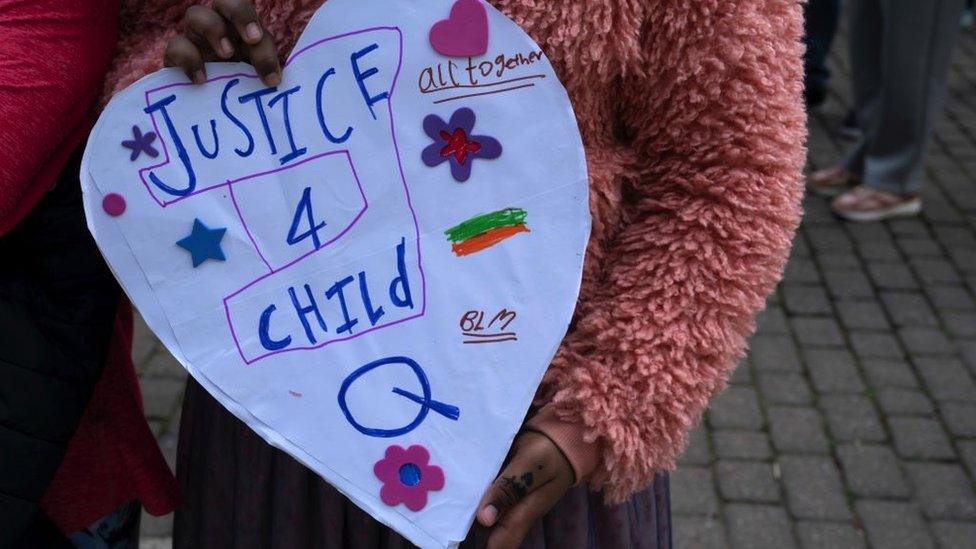
Protests were held in London following reports about Child Q
"Olivia was actually on her period at the time too. And they cut off her underwear in front of these grown male officers." She added: "She was absolutely distraught."
Lisa said her daughter's experience had a devastating impact on her mental health. "She became quite reclusive," she added.
"She spent a lot of time in her room and she continued to self-harm in secret. And then a few weeks later, she attempted suicide." Olivia later appeared in court accused of possession of a bladed weapon and was found not guilty after magistrates accepted the items were used for self-harming.
Her family is now bringing a civil case against the force. Lawyer Gail Hadfield Grainger, who is representing them, says there are a number of rules that must be followed when searching minors.
"The legal guardian, the person that has responsibility for that child, needs to be informed," she said. "The strip-search needs to be done in front of same-sex staff only, not same-sex staff with the opposite sex on-looking.
"And that culture is set to protect your dignity, save you from embarrassment, and to put in order exactly how these things should be done correctly."

What are the police rules for strip-searching children?
A strip-search must only be carried on suspicion of drug or weapon concealment
An appropriate adult must be present unless the child indicates otherwise
The child's parent or guardian must be informed beforehand
Police should obtain permission from their supervisor to carry out the strip-search
The strip-search must be undertaken and overseen by same-sex police officers only
Source: PACE codes of practice, external

The Met's Deputy Assistant Commissioner Laurence Taylor said a force investigation was looking into how appropriate the search was and how it was conducted.
The force has also referred itself to the Independent Office for Police Conduct, the police watchdog, following a complaint.
Mr Taylor told File on 4 that strip-searches helped to keep children safe while in custody.
He added: "(The) worst case scenario would be that we stop strip-searching in its entirety and a young child dies in custody because they are in possession of a knife or drugs that they use to harm themselves.
"And we have a big responsibility to people coming into our custody environment. We're responsible for their safety."
In a statement released later, he acknowledged the "distress" strip searches can cause young people and said the force was working hard to take a "safeguarding first" approach.
"This means we must always consider whether the child being searched could be a vulnerable victim of exploitation by others involved in gangs, County Lines and drug dealing or if they might be concealing weapons as they are at risk of self-harm," he added.
One pilot scheme at the Met involves getting the authority of an inspector before a search can take place, he said.
'Intelligence-led policing'
Figures obtained by the BBC have revealed police carried out more than 13,000 strip-searches of young people aged under 18 over the past five years.
The BBC sent Freedom of Information requests to 43 police forces in England and Wales, plus the British Transport Police, asking for the number of strip-searches between 2017 and 2021. However, the true number of searches is likely to be significantly higher, as only 31 of 44 forces provided data.
Separate data revealed 75% of the children who were strip-searched by the Met in custody over the past three years were from ethnically diverse backgrounds, prompting allegations of racism.
Mr Taylor defended the force's record. He said the disproportionality of young people from ethnically diverse backgrounds being searched was based on "intelligence-led policing" - both around offending rates and those falling victim to crime, including knife crime.
"It's absolutely right that police focus where that harm exists," he added.
Correction: A previous version of this story stated Olivia was 14 at the time of the search. She was 15.
*Some of the names of people mentioned in this piece have been changed to protect their anonymity.
Listen to File on 4: Searching Questions at 20:00 BST on BBC Radio 4 or download the podcast on BBC Sounds.
Related topics
- Published24 May 2022
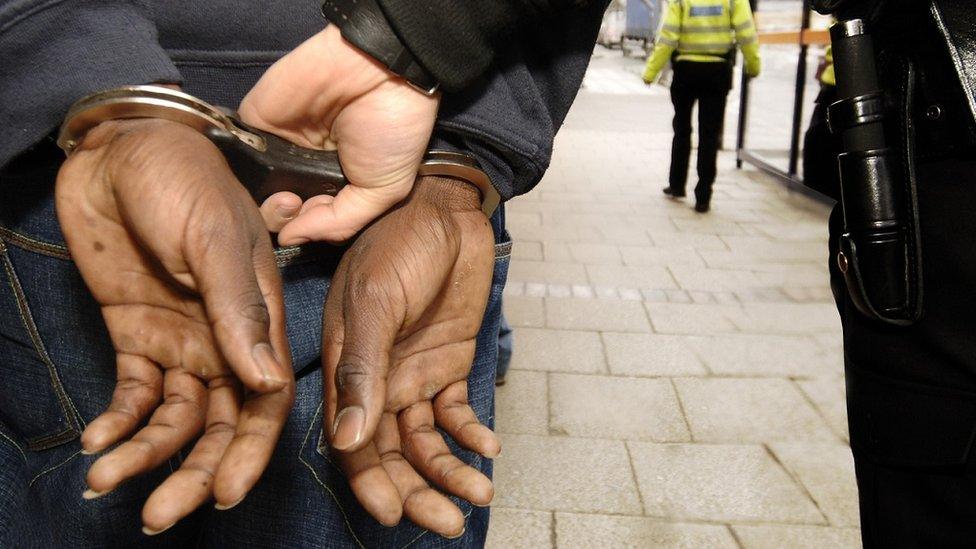
- Published18 March 2022

- Published17 March 2022
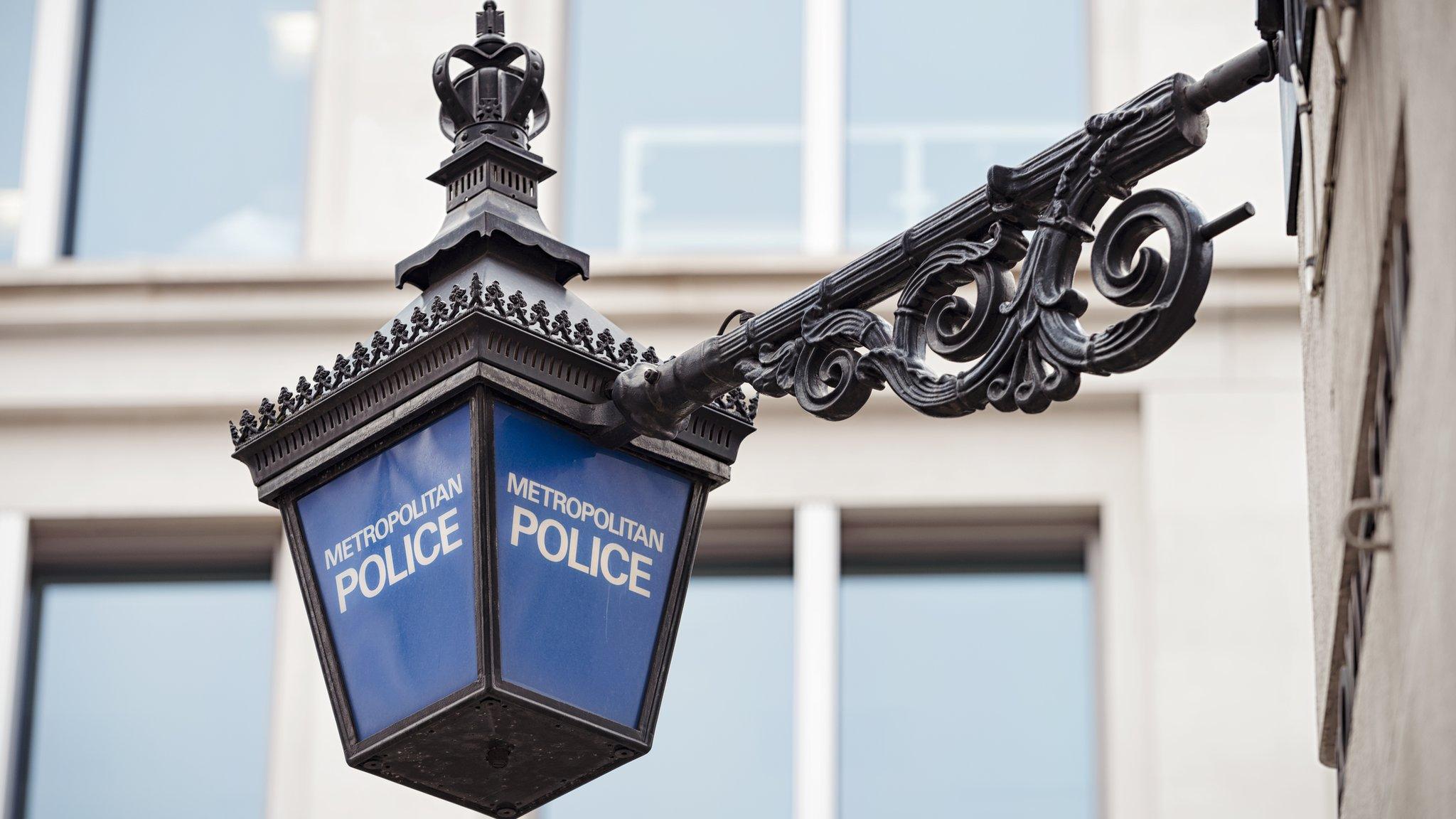
- Published17 March 2022
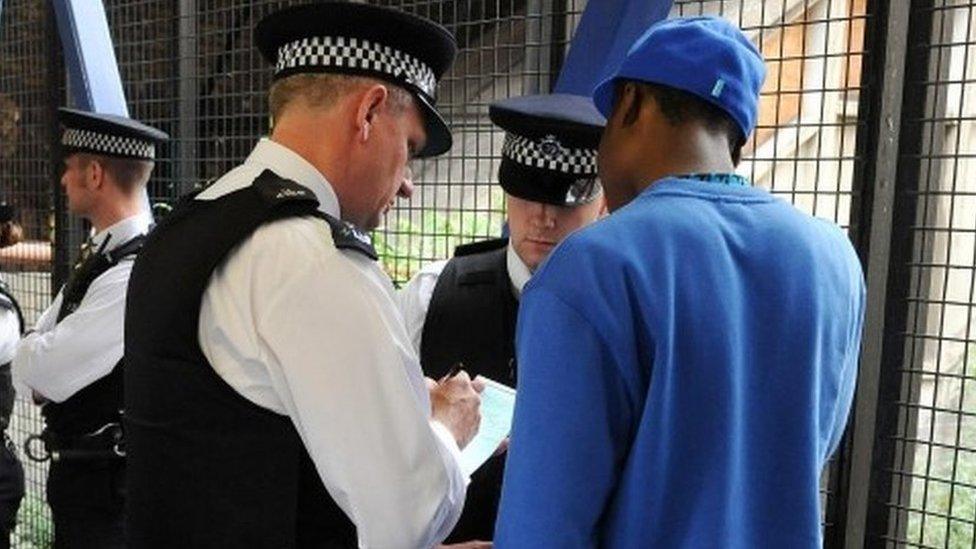
- Published16 March 2022
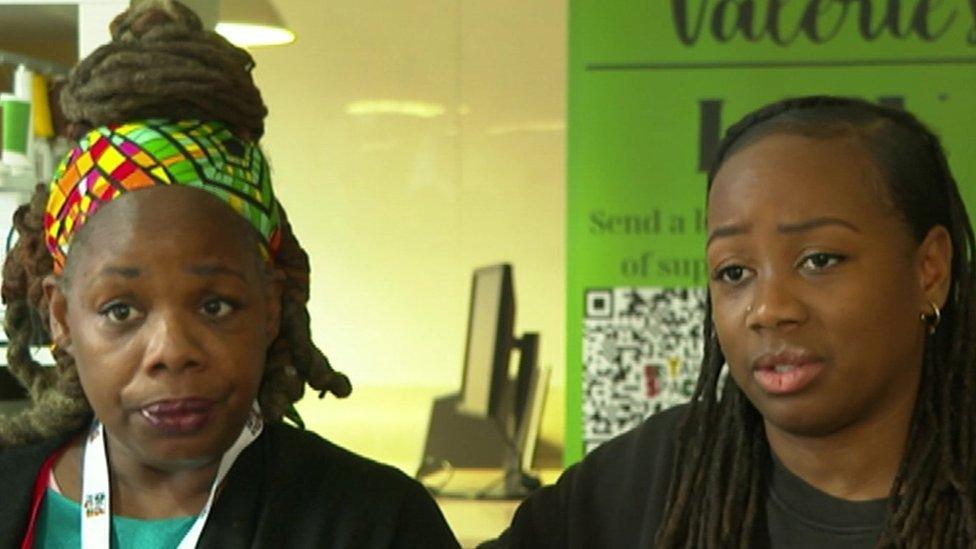
- Published16 March 2022
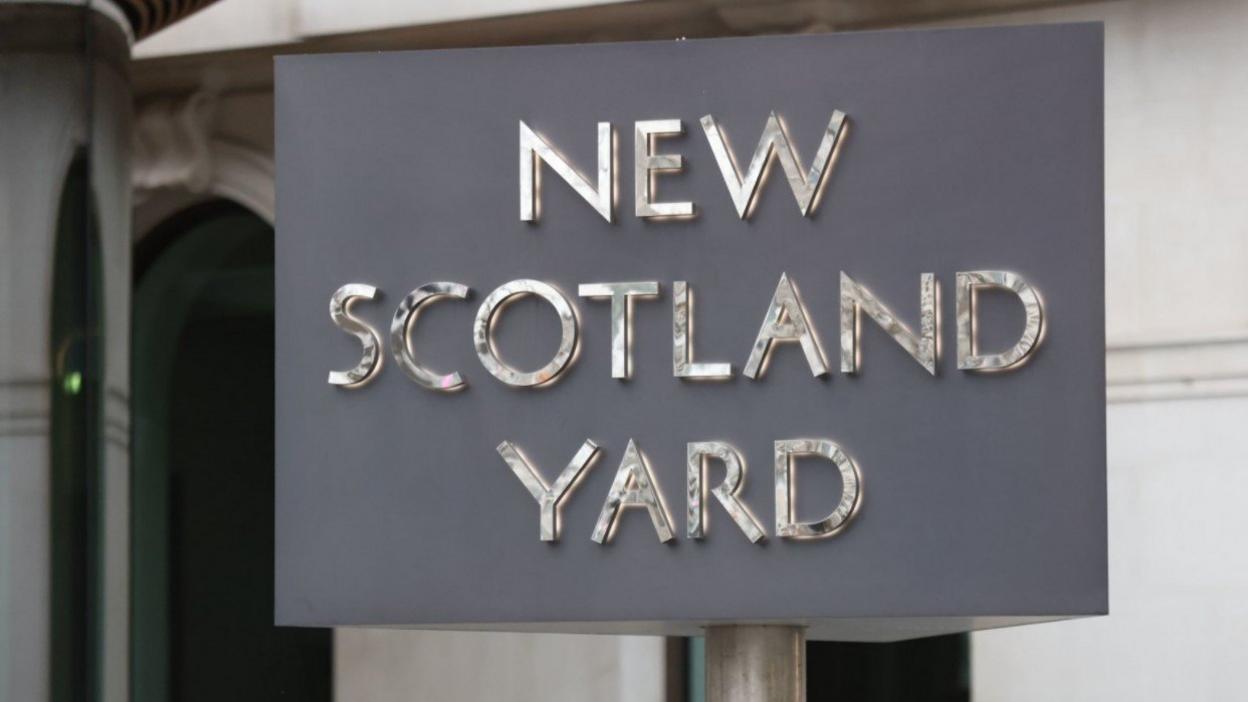
- Published15 March 2022

- Published24 January 2022
